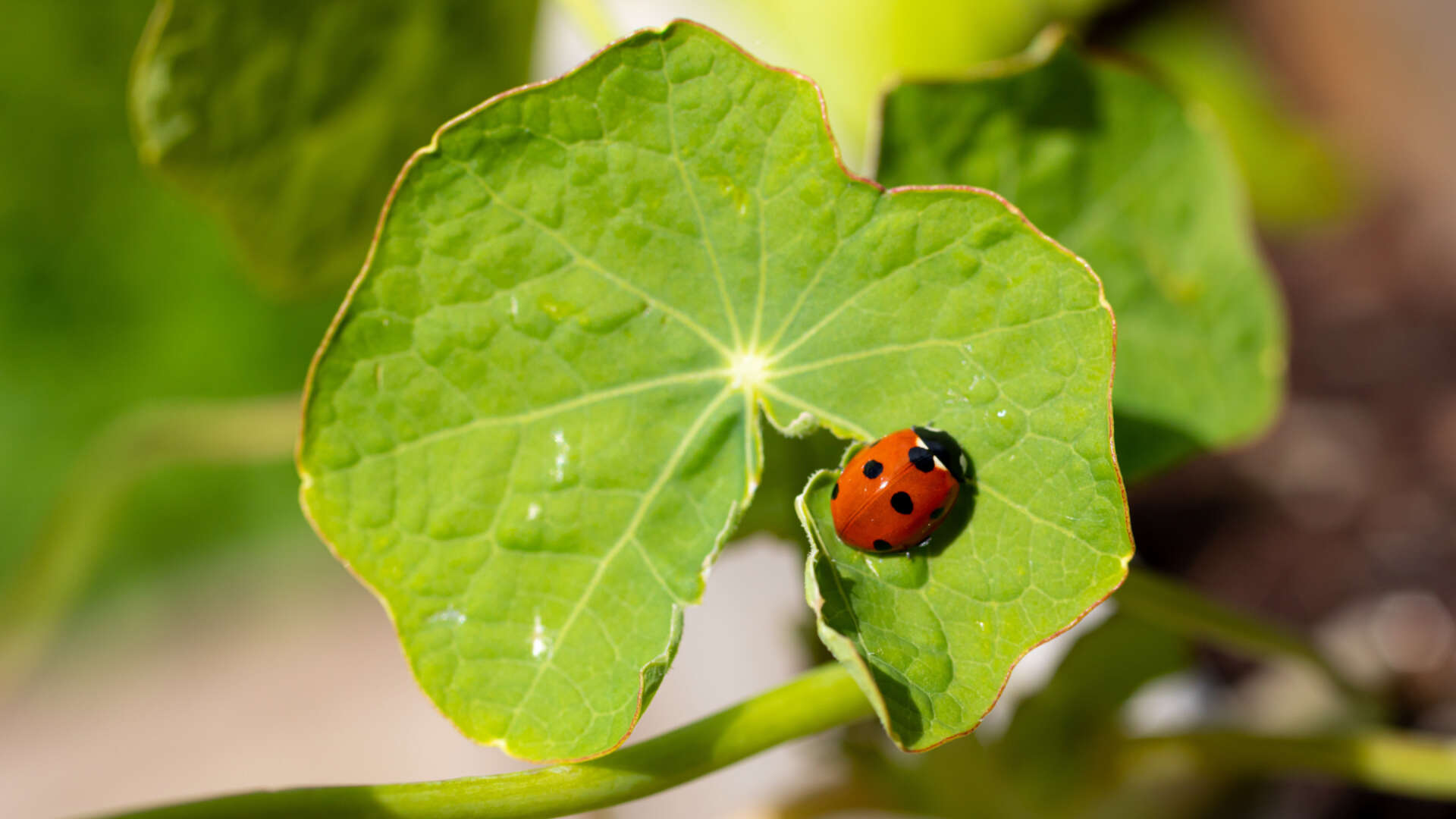Wildlife-lovers avoid pesticides to encourage minibeasts and birds into their gardens

According to the survey published in Hort Week, of 1,000 UK adults surveyed by garden and conservatory furniture retailer, Alfresia.co.uk, a third have invested in products that conserve and encourage wildlife into their gardens and outdoor spaces in the past 12 months, such as bird feeders (32%), bird nest boxes (29%), and insect houses (16%).
The top five most popular ways British adults found to encourage wildlife into their gardens were:
- avoiding use of pesticides (68%)
- allowing grass to grow longer in certain areas (37%)
- composting (26%)
- creating rock gardens (21%)
- planting specific flowers to encourage bees (17%)
Some seven per cent keep chickens, while four per cent keep bees in their outdoor space.
More than half (56%) leave food for birds, while 14% monitor the types and species of bird that visit their gardens. Those aged 25-34 are the age group which came second with regards to making the most effort to conserve or promote wildlife.